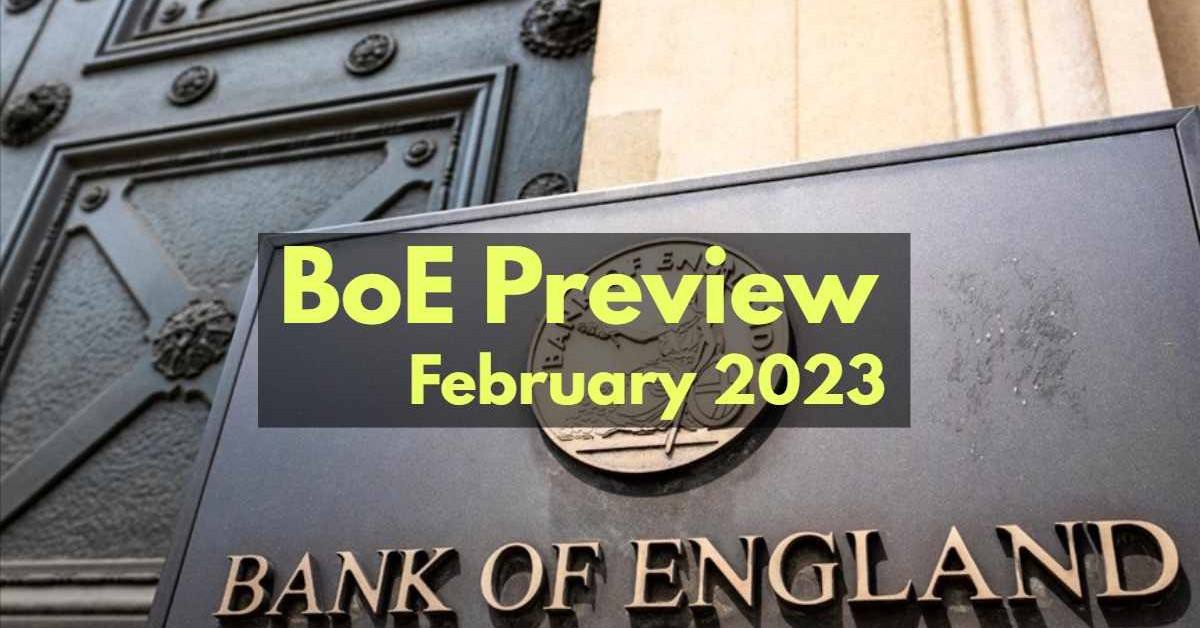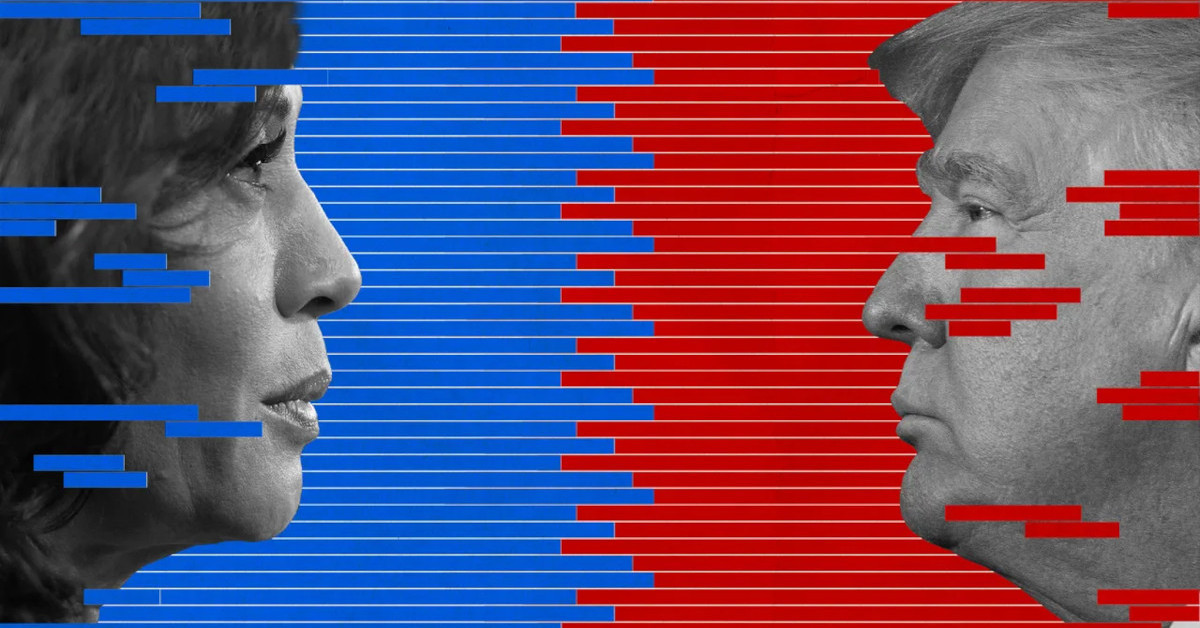BoE will acknowledge that high inflation could be prolonged.
Compared to other central banks, policymakers in BoE's MPC have the most disagreements with each other. While MPC members are divided into three groups, and one part believes that current interest rates are good enough to control inflation, market participants still believe that on Thursday, February 2, the majority will vote for a 50 bps rate hike. The market is also 65% priced in a 50-bps hike to 4.0%.
The main reason to expect a more hawkish tone from BoE is the recent progress that the UK economy had in the past few months. Significantly lower energy prices, which could send the economy into an actual recession, helped consumer spending to help keep the economy healthy. However, still recession in 2023 in the UK is unavoidable.
On the other hand, some analysts believe policymakers will take a more measured approach and lift rates by only 25 bps as they see the recession risks as more accurate. Just as inflation can harm the economy, a brutal recession is also deadly, especially when inflation is still high despite recent reductions. Therefore, instead of a 50 bps rate hike in February, we expect a 25 bps rate hike, and then at the March meeting, policymakers will signal an end to their tightening cycle with another 25 bps rate hike.
Besides the rate hike decision, MPC members in BoE must also publish their economic and inflation outlooks. Following the recent upward revisions of the World Bank, BoE also can increase its GDP expectations, especially considering the lower energy price in recent months. About inflation, caution outlook, acknowledging that high inflation could be prolonged can hold pressure on the UK stock markets. About Sterling, although it is not able to strengthen further, it can maintain its recent achievements.


















